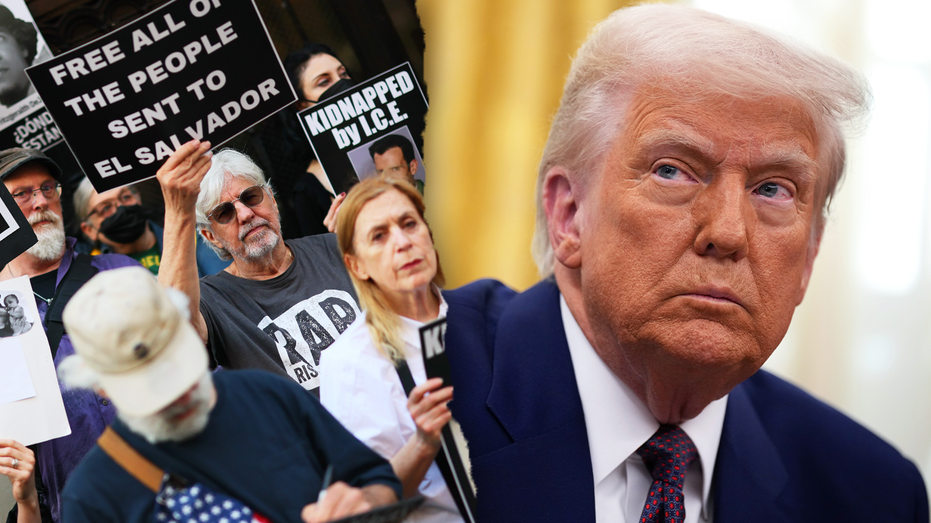Abrego Garcia's Return Sparks New Questions About Trump-Era Deportations of Immigrants
Legal challenges mount against Trump administration's migrant deportations to El Salvador, Mexico, and South Sudan over due process concerns.

The Trump administration has brought Salvadoran national Kilmar Abrego Garcia—alleged MS-13 member and previously deported migrant—back to the United States, following an admission that his initial deportation was a bureaucratic mistake. The move comes amid mounting scrutiny of the administration's complex and sometimes contradictory approach to court orders concerning deported migrants.
Abrego Garcia’s return is accompanied by a new federal indictment that accuses him of crimes related to transporting undocumented immigrants within U.S. borders. However, officials have not clarified whether this incident represents a broader policy shift or is an isolated response to unique legal and administrative circumstances.
This high-profile case has reignited questions about the Trump administration’s compliance with judicial directives in immigration matters. Legal experts point to ongoing tensions over whether the administration must comply with orders to repatriate deported individuals—or even entire groups—especially in cases where removals occurred before migrants could challenge their deportations or were based on procedural errors.
The administration’s recent actions appear to contradict earlier claims that it was powerless to compel foreign governments, such as El Salvador, to return migrants who had already been removed. These assertions have repeatedly come under judicial scrutiny as courts seek clarity on the executive branch’s ability to facilitate returns when deportations are found unlawful.
Parallel legal battles highlight the fraught intersection of immigration enforcement and judicial oversight. In one case, Daniel Lozano-Camargo, a 20-year-old Venezuelan immigrant, was deported from the U.S. under the Alien Enemies Act—a rarely used 1798 law invoked for expedited removals. A federal judge ruled that his deportation breached a settlement prohibiting removals of certain asylum seekers until their cases were decided, regardless of any unrelated criminal history.
The Fourth Circuit Court of Appeals recently upheld the decision, affirming that the government must adhere to procedural agreements before deporting vulnerable populations. Lozano-Camargo remains detained in El Salvador as agencies coordinate his potential return to the U.S., in compliance with ongoing litigation.
In another instance, authorities returned a Guatemalan migrant, known as O.C.G., to the U.S. after a judge determined he had been expelled without due process, despite credible fears of persecution in Mexico. This marks the first time the Trump administration has complied with such a judicial order involving a mistakenly deported individual based on erroneous evidence.
Meanwhile, six migrants deported to South Sudan remain in U.S. custody at a military base in Djibouti, awaiting interviews to determine any fear of persecution. A federal judge insisted these “reasonable fear interviews” must occur before their transfer or release, underscoring concerns for their safety amid hazardous conditions at the African outpost.
Adding further complexity, Judge James Boasberg has ordered that all migrants deported to El Salvador’s maximum-security CECOT prison be allowed to seek habeas relief, challenging both their removals and official accusations of gang membership. In a strongly worded ruling, Boasberg rebuked the administration for disregarding an earlier emergency order suspending deportations and demanded compliance with procedural safeguards for those affected.
The cumulative effect of these court orders has placed the Trump administration’s deportation strategy under intense legal and political spotlight. As deadlines for compliance approach, the administration faces growing pressure to reconcile its enforcement goals with the constitutional and humanitarian obligations outlined by federal courts. With more cases pending, the coming weeks will be crucial in determining whether the government adapts its approach or continues to resist judicial intervention in immigration matters.




